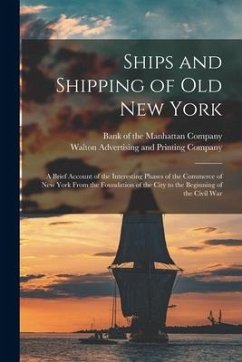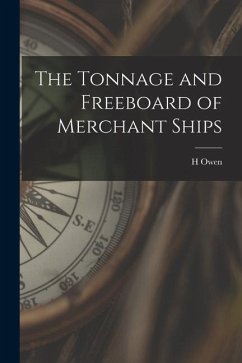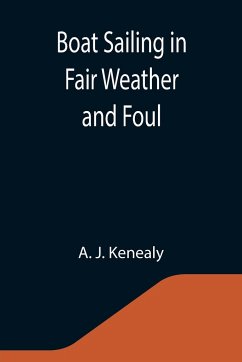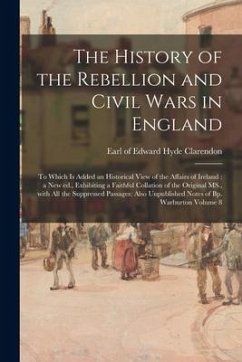Alfred Basil Lubbock, MC, was a British historian, seaman, and soldier. He was a prolific writer about the last generation of commercial sailing vessels during the Age of Sail. He joined the Society for Nautical Research in 1911, served on its council from 1921 to 1924, and contributed to the periodical The Mariner's Mirror. He was born on September 9, 1876, in Rowley Bank, Arkley, Hertfordshire, as the second of five children. His father, Alfred Lubbock, and his mother, Louisa Wallroth, were married in 1875. Alfred senior served as an underwriter for Lloyd's of London and was a director of Robarts, Lubbock & Co, a private bank established in 1772. He descended from Sir John Lubbock, the 2nd Baronet. Basil Lubbock spent the majority of his early life with his uncle. He attended Eton College and was a member of the cricket team from 1894 to 1895. (His father had also attended Eton, where he was an accomplished athlete. Lubbock senior continued to play cricket into adulthood and was regarded as one of England's top batters). Lubbock junior learned to draw and paint using watercolours while at Eton. Some of his works were featured in his debut book. Others are in the collection of the National Maritime Museum in London. He was expected to follow family tradition and attend King's College in Cambridge. Instead, he decided to travel, leaving Britain by steamship for Canada.





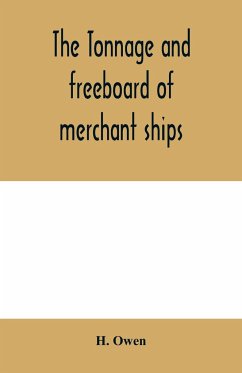

![Annual Convention of the Atlantic Deeper Waterways Association [serial]: Report of the Proceedings; 2nd (1909) Cover Annual Convention of the Atlantic Deeper Waterways Association [serial]: Report of the Proceedings; 2nd (1909)](https://bilder.buecher.de/produkte/65/65494/65494932n.jpg)
